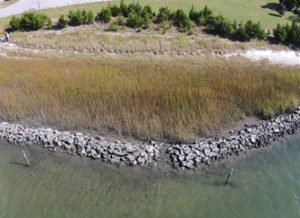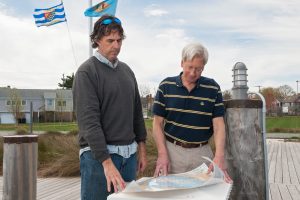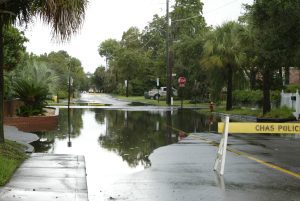Herring is a species critical to commercial lobstermen and recreational fishermen for bait. Despite the long standing requirement that social impact assessments (SIAs) be done for any proposed changes in fisheries management, fisheries managers often find it difficult to incorporate meaningful social impact assessments in the development of fisheries regulations.
Working closely with regional Fisheries Council staff, MIT Sea Grant has developed a systematic approach to analyzing information to offer managers that will help them improve their decision-making. MIT Sea Grant’s contributions to the regional Herring Plan Development Teams (PDT) has helped prepare social impact assessments (SIAs) for several amendments to the regulations. MIT Sea Grant conducted periodic interviews with stakeholders and participated in meetings of the PDT, helping to identify issues and inform Council decisions. In addition, using social science software, MIT Sea Grant and colleagues analyzed a second round of scoping comments for Amendment 8 to the Herring Plan, improving the process.
The software allowed the Herring PDT to identify themes in public comments and helped quantify their apparent importance among stakeholders. Even in cases where regulatory mandates require biological concerns to limit flexibility for social impacts, the managers were better able to predict the social consequences of the changing regulations.


